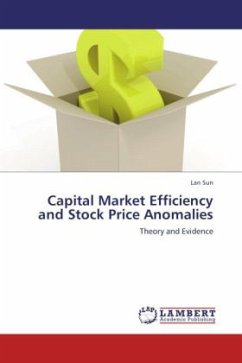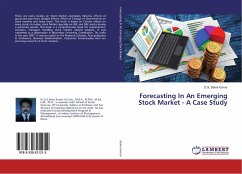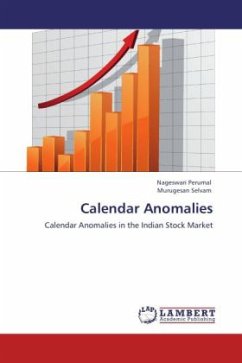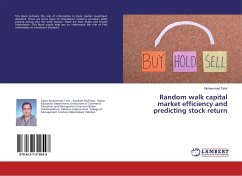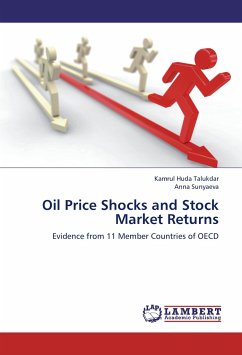The efficient market hypothesis (EMH), well known as the random walk theory, proposes that stock prices should fully, immediately, reflect all available relevant information about the value of the firm. The concept of capital market efficiency is central to finance. If the efficient market hypothesis holds, the stock prices should fully reflect all relevant information about the firm value. As a consequence, investors cannot expect to achieve excess returns from their investment strategies. While the idea market efficiency offers an important implication to investors, studies show that the efficient market theory has been challenged. Various anomalies have been documented in the last two decades that contradicts to the efficient market hypothesis. This study reviews the theory and evidence of market efficiency and particularly it investigates a number of anomalies including PE ratio, Price-to-book ratio and firm size effects in Australia.

